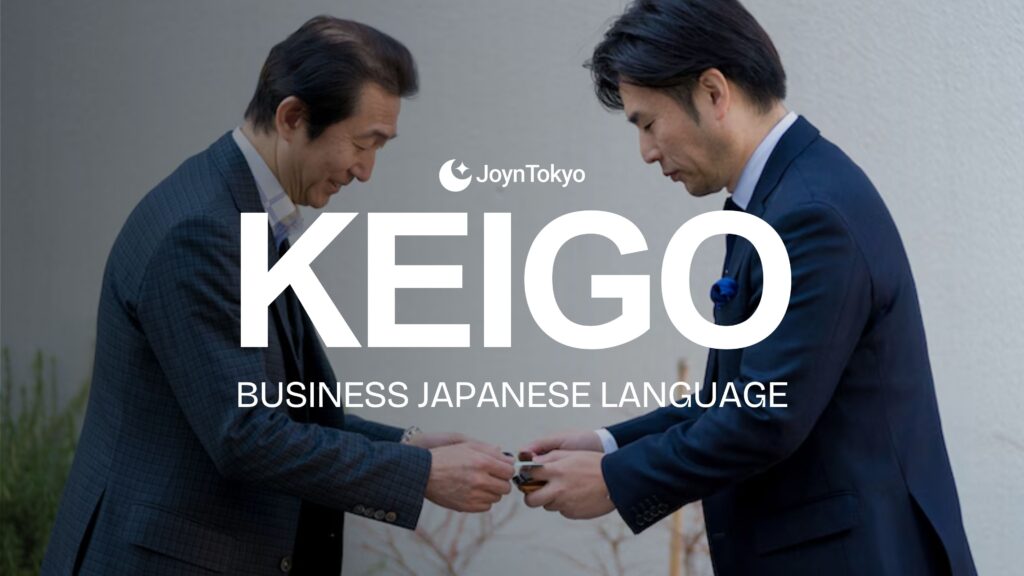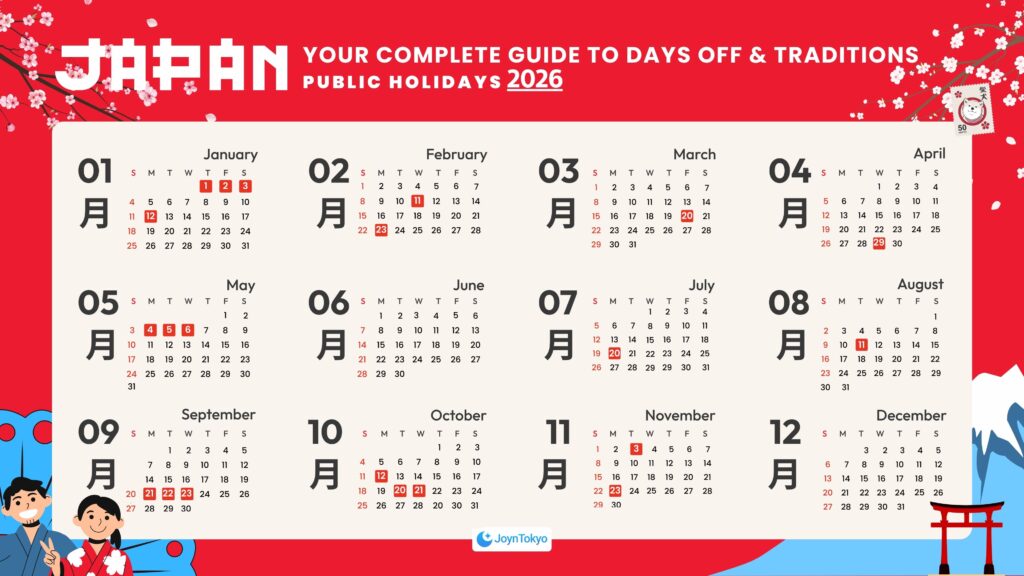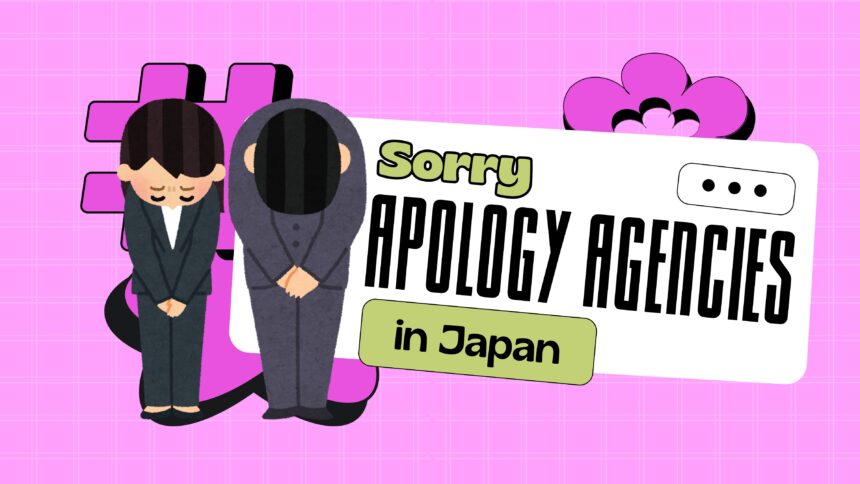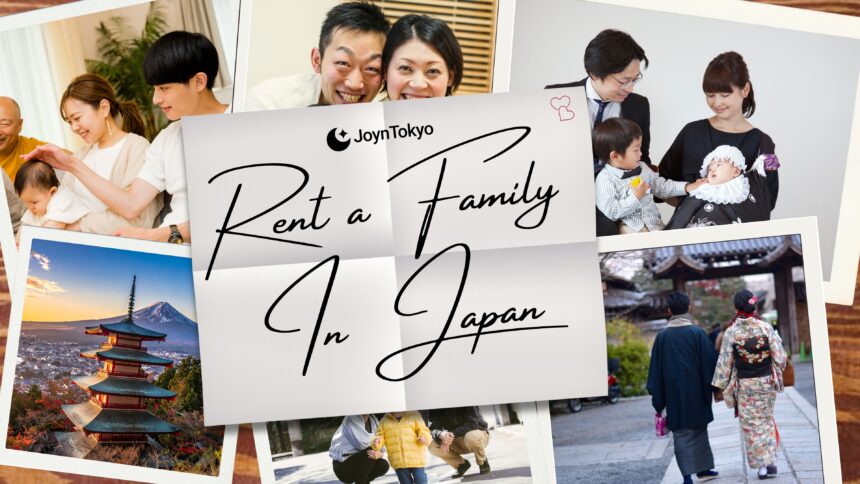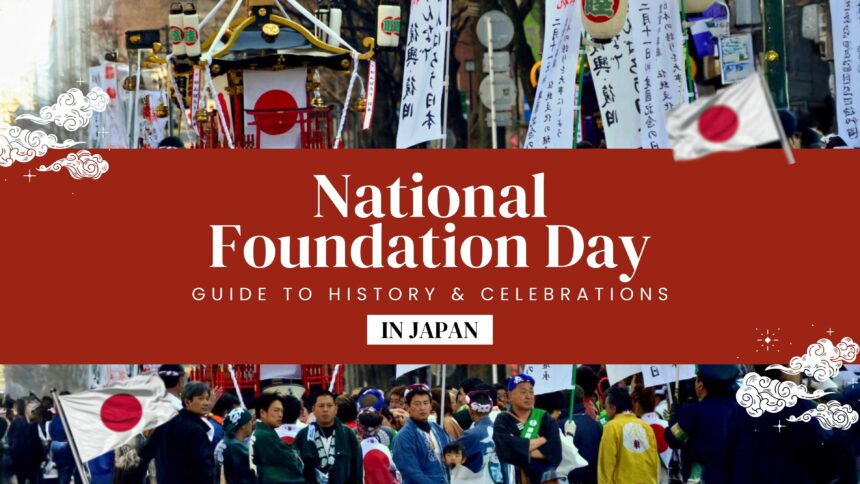Losing your Suica, missing the last train, or getting overcharged at a bar can make anyone blurt out something colorful. In Japan, however, profanity revolves less around explicit taboo words and more around who you are talking to, how you say it, and where you sit in the social hierarchy. Like anyone else, Japanese people do use swear words as jokes and in daily conversations with friends; yet ignorance and misuse of these terms can lead you straight into conflict, or even a fist in the face! To keep that from happening, this guide unpacks Japanese cursing so foreign residents can recognize common insults and avoid missteps.

Japanese Swear Words vs English Swear Words
English swear words usually centre on sex, bodily functions, or other taboos, whereas Japanese insults draw their power from social rank and delicate shifts in wording. Even a tiny tweak, like switching from anata to omae, can turn a polite query into open provocation. Recognizing these linguistic trip‑wires lets you spot brewing conflict and sidestep it gracefully. First, let’s look at the cultural roots and language mechanics that shape this uniquely Japanese landscape.
Japanese Swear Word Examples – Mild Frustration
Even native speakers need a harmless pressure-release valve. These are the kind of words for an everyday “ouch!” you mutter at a stubbed toe, or a missed train: annoyed, but not aiming the anger at anyone in particular. They’re generally safe if spoken under your breath, and most can be swapped out for polite alternatives without losing the emotional punch. Use them to vent at circumstances, not to lash out at people.
1. くそ / くそが (kuso / kusoga)

A vented sigh when something goes wrong with no one to blame, like losing your keys, missing the elevator, or a computer crash. It’s socially tolerated if muttered quietly, but considered childish if shouted, and rarely rarely directed at another person unless you want to provoke. This is one of the most casual and commonly used curse words, often used for exaggeration like 「クソうまい」(kuso umai). Umai means yummy and by putting “kuso” before gives emphasis, like of like “this is fucking delicious!”.
Examples:
| Japanese | Romaji | English |
|---|---|---|
| くそ、電車が行っちゃった! | kuso, densha ga icchatta! | Damn, the train left [without me]! |
| くそ、スマホ落とした! | kuso, sumaho otoshita! | Damn, I dropped my smartphone! |
- Safer substitute: 「しまった」 (shimatta) — “Shoot”
- Famous anime user: Katsuki Bakugo — My Hero Academia
2. 畜生 (chikushō)

Self-directed frustration after narrowly losing a game, failing an exam, or burning dinner. You’ll hear older speakers use it when lamenting bad luck, and it is almost never used to insult another person today, which makes it relatively safe, if old-fashioned.
Examples:
| Japanese | Romaji | English |
|---|---|---|
| 畜生!あと一点だったのに。 | chikusho! Ato itten datta no ni | Damn it, I was one point away! |
| 畜生、逆転負けかよ。 | chikusho, gyakuten make kayo | Man, we lost in the last minute! |
- Safer substitute: 「くやしい」 (kuyashii) — “This is frustrating”
- Famous anime user: Ichigo Kurosaki — Bleach
3. うざい / うざ (uzai / uza)

Modern slang for persistent irritations, like pushy ads, clingy acquaintances, or laggy Wi-Fi. It’s common among teens and young adults, and low-risk if said about a thing, riskier if said loud enough for the target human to hear. Uza is less formal version of Uzai which is often used whenever you just wanna spit out hatred and leave.
Examples:
| Japanese | Romaji | English |
|---|---|---|
| この広告、まじうざい。 | kono kōkoku, maji uzai! | This ad is seriously annoying. |
| 兄貴、ずっと同じ話でうざいよ。 | aniki, zutto onaji hanashi de uzai yo | Bro, you keep repeating yourself, it’s so annoying. |
- Safer substitute: 「わずらわしい」 (wazurawashii) — “Irritating”
Start Your Own Japan Journey With Expert Guidance
Most people never make it to Japan because the start is confusing and tiring. Wrong visa route. Underestimated budget. Months lost to confusion.
Get personalized support for your new life in Japan.
Book Your FREE Consultation✓ 500+ Bookings ✓ English-speaking Relocation Support Experts
Japanese Swear Words – Fighting Vibe
The next phase kicks things up a notch, as they’re the shots fired when tempers flare between people. They range from playground insults to bar-room provocations, signalling you’re ready to square off verbally (or worse). Deploy with caution: tone, context, and relationship decide whether these land as joking jabs or ignite a real confrontation.
4. ばか / あほ (baka / aho)

This can be a playground taunt or friendly ribbing among close friends, but escalates to real insult if tone sharpens. Aho feels lighter in Kansai but sounds jarring in Tokyo, and you should avoid using with superiors or strangers.
Examples:
| Japanese | Romaji | English |
|---|---|---|
| ばか、そこじゃないって! | baka, soko janai tte! | Idiot, not there! |
| あほか、おつり忘れてるぞ。 | aho ka, otsuri wasureteru zo | Dummy, you forgot your change. |
- Safer substitute: 「ドジ」 (doji) — “Clumsy”
- Famous anime user: Asuka Langley Soryu — Neon Genesis Evangelion
5. このやろう / こんにゃろ (kono yarō / konyaro)

A shout of anger during competitive sports, drunken scuffles, or slapstick TV comedy. Like, “you asshole,” it softens if paired with a grin and is said to a friend, but is threatening if barked towards someone. borderline acceptable on late-night variety shows but risky in daylight. Konyaro is a more slang-like way to say konoyarō, and is casually used as jokes in daily conversations.
Examples:
| Japanese | Romaji | English |
|---|---|---|
| このやろう、やりやがったな! | kono yarō, yariyagatta na! | You jerk, you actually did it! |
| このやろう、背後から蹴るなんて卑怯だ! | kono yarō, haigo kara keru nante hikyō da! | You bastard, kicking from behind is cowardly! |
- Safer substitute: 「ちょっと!ちょっと!」 (chotto! chotto!) — “Hey, you”
- Famous anime user: Killer Bee — Naruto
6. うるさい / うるせえ / うるさ (urusai / urusee / urusa)

A blunt demand for quiet, used in dorms, arcades, or rowdy bars. It’s acceptable among peers when noise is excessive, but yelling it on a train marks you out as the bigger problem, and things could escalate quickly if the target feels disrespected. Urusai is the formal form and as it changes to Urusee and then to Urusa, it shows more frustrated emotions.
Examples:
| Japanese | Romaji | English |
|---|---|---|
| うるせえぞ、静かにしろ! | urusee zo, shizuka ni shiro! | Shut up already! |
| 夜中にうるせえな。 | yonaka ni urusee na | So noisy at night. |
- Safer substitute: 「静かにしてもらえますか?」 (shizuka ni shite moraemasen ka?) — “Could you keep it down?”
7. おめえ / てめえ (omee / temee)

This one, a contraction of “omae,” which itself can be appropriate or even affectionate in some situations, signals open hostility towards others. It is rarely used playfully except in parody, and uttering it to a stranger can start a confrontation. Police reports often quote it right before punches. There is not much difference in these two terms, yet temee is more likely to be judged aggressive.
Examples:
| Japanese | Romaji | English |
|---|---|---|
| てめえ、どこ見て歩いてんだ! | temee, doko mite aruiten da! | Watch where you’re going, punk! |
| てめえのせいで台無しだ! | temee no sei de dainashi da! | This is ruined because of you, jerk! |
- Safer substitute: 「あなた」 (anata) — “you”
- Famous anime user: Roronoa Zoro — One Piece
8. ふざけるな / ふざけんな / ざけんな (fuzakenna / zakenna)

Blurted out when you feel cheated by things like restaurant overcharges, queue-cutters, orad service. Dropping the “fu” to zakenna adds a macho edge, and while it is still milder than death wishes, using this can escalate quarrels in public spaces. Fuzakuruna is the original form which indicates general anger, with fuzakenna and zakenna implying especially strong emotions.
Examples:
| Japanese | Romaji | English |
|---|---|---|
| ふざけんなよ、約束が違うだろ! | fuzakenna yo, yakusoku ga chigau daro! | Don’t mess with me—this isn’t what we agreed on! |
| ざけんな、割り込みすんな! | zakenna, warikomi sunna! | Hey, quit kidding—don’t cut the line! |
- Safer substitute: 「冗談はやめよう」 (jōdan wa yameyō) — “Enough joking”
9. ボケ / ボケナス(boke / bokenasu)

Common in Kansai comedy duos where the “boke” (funny man) makes silly mistakes, but when snapped in anger it can sting like “dumb-ass.” Though rarely used among people under the age of 40 today, it can be used among close friends or siblings during banter, but avoid hurling at strangers or elders. Boke and Bokenasu carries same meaning and usage, yet Bokenasu is more likely to be considered old fashioned.
Examples:
| Japanese | Romaji | English |
|---|---|---|
| ボケッとすんな、ボケ! | boketto sunna, boke! | Quit spacing out, idiot! |
| このボケ。それ逆だぞ。 | kono boke. sore gyaku da zo | Are you stupid? That’s upside down. |
- Safer substitute: 「まぬけ」 (manuke) — “Goof”
- Famous anime user: Tobio Kageyama — Haikyu
10. ガキ (gaki)

A derogatory label for noisy children, teenage delinquents, or anyone acting immature, parents sometimes mutter it under breath, but shouting it at someone else’s child can spark a serious argument. In bars it could also provoke younger people who feel belittled.
Examples:
| Japanese | Romaji | English |
|---|---|---|
| ガキは寝てろ | gaki wa netero | Brats should be in bed. |
| あのガキ、車を傷つけやがった! | ano gaki, kuruma o kizutsuke yagatta! | That little punk scratched my car! |
- Safer substitute: 「子ども」 (kodomo) — “kid”
- Famous anime user: Piccolo — Dragon Ball Z
Japanese Swear Words – Extreme Frustration
These are linguistic nuclear options. These expressions convey raw hatred or the wish for someone’s demise, and can carry violent consequences in real life. Use them only to understand what you might hear in the wild… or better yet, never use them at all.
11. しね (shine)

A huge verbal insult, often found in cyber-bullying, gang threats, or climactic movie scenes. Saying it face-to-face could lead to escalation, and even social media posts with shine in them have resulted in defamation suits and school expulsions. Shine literally means “die” yet verbally, it carries similar meaning as “fu**” and “sh**,” but with a stronger and more offensive meaning. The heaviness of this word really differs on people like one uses on daily basis and one never uses due to too negative image.
Examples:
| Japanese | Romaji | English |
|---|---|---|
| 友達遅刻しやがった、しね! | Tomodachi chikoku shiyagatta, shine! | My friend is running late, fuck it |
| くじ外れたわ、ほんとしね | Kuji hazureta wa, honto shine | I lost on lottery, bullshit |
- Safer substitute: — None: simply avoid unless you enjoy being punched.
- Famous anime user: Katsuki Bakugo — My Hero Academia
12. くそくらえ (kusokurae)

Extreme contempt, often shouted in fictional crime dramas or as a part of protest slogans. It’s a little dated, and young people don’t really say it, but it is understood nationwide. Using it in public can mark you as volatile.
Examples:
| Japanese | Romaji | English |
|---|---|---|
| そんな条件、くそくらえだ! | sonna jōken, kusokurae da! | Those terms can eat shit! |
| そんなものくそくらえだ | sonna mono kusokurae da | Fuck that shit |
- Safer substitute: 「話にならない」 (hanashi ni naranai) — “That’s ridiculous”
- Famous anime user: Smoker — One Piece
13. くたばれ (kutabare)

Heard in stadium chants or yakuza flicks, this is a direct wish for someone’s demise. screaming it at a sports event can get you ejected or fined, though older men sometimes mutter it under breath when machines malfunction.
Examples:
| Japanese | Romaji | English |
|---|---|---|
| くたばれ、この野郎! | kutabare, kono yarō! | Go to hell, you bastard! |
| そこでくたばってろ | soko de kutabattero | Just drop dead right there |
- Safer substitute: 「もう知らない」 (mō shiranai) — “I’m done with you”
- Famous anime user: Shinobu Kocho — Demon Slayer
14. 失せろ (usero)

A curt eviction command used by security staff, territorial shopkeepers, or manga villains. It’s concise and cold, signaling no further discussion: go, or we’re gonna have trouble. Borderline acceptable in self defense situations, but rude in any other context.
Examples:
| Japanese | Romaji | English |
|---|---|---|
| 二度と来るな。失せろ! | nido to kuru na. usero! | Don’t come back. Get lost! |
| 失せろ、ここは立入禁止だ。 | usero, koko wa tachiiri kinshi da | Beat it—this area is off-limits |
- Safer substitute: 「お引き取りください」 (ohikitori kudasai) — “Please leave”
- Famous anime user: Shanks — One Piece
15. くそったれ (kusottare)

Used as part of outlaw biker slang, hard-boiled detective fiction, or metal lyrics. A heavily vulgar term that emphasizes disgust. Only spoken in real life by rough crowds or for shock value, so foreign speakers using it may draw nervous laughter, at best.
Examples:
| Japanese | Romaji | English |
|---|---|---|
| このくそったれ! | kono kusottare! | You bastard! |
| ほんとどいつもこいつもくそったれ | honto doitumo koitumo kusottare | All of these guys are bullshit! |
- Safer substitute: — A stern, silent look.
- Famous anime user: Vegeta — Dragon Ball Z
How to Vent Without Breaking Wa with Swearing in Japanese
Strong feelings need an outlet, but restraint keeps relationships intact. Swap raw curses for softer interjections like まいったな (“oh dear”) or やれやれ (“good grief”), which express annoyance without spraying shrapnel. Body language works too: a small sigh, a moment of silence, or a deliberate desu/masu shift can convey displeasure more elegantly than shouting. When someone wrongs you, state facts in plain Japanese: Sore wa chigaimasu yo (“That’s not correct”) before proposing a solution. Code‑switch strategically: casual banter with close friends, neutral pronouns with strangers, and honorifics with superiors.
Read More
Japanese profanity is a dense social code where context, tone, and hierarchy determine sting. Recognizing these 15 key terms and and the social structures that gives them power, lets you decode tension without adding fuel. When frustration peaks, choose soft vents or factual statements instead of nuclear words. Your future self, employer, and Japanese friends will thank you, and your face will stay unpunched!
Disclaimer: This article is for linguistic awareness only. JoynTokyo does not recommend using these expressions in public or online. Always prioritize respect and safety.




